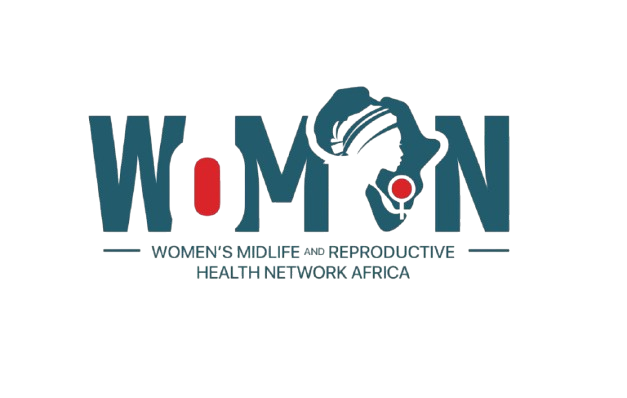
Menopause is a natural biological process that marks the end of a woman’s reproductive years. While it’s a universal experience, menopause is often misunderstood and shrouded in cultural taboos, particularly in African communities. By understanding the stages, symptoms, and ways to navigate this transition, women can embrace midlife with confidence and vitality.
The stages of Menopause
Menopause isn’t a single moment but a transition that occurs in stages:
Perimenopause
This phase usually begins in a woman’s 40s but can start earlier. Hormonal fluctuations may lead to irregular periods, mood swings, and hot flashes. Perimenopause can last several years.
Menopause
Officially, menopause begins when a woman has gone 12 consecutive months without a menstrual period. This typically occurs between the ages of 45 and 55. During this time, the ovaries produce lower levels of estrogen and progesterone, leading to the cessation of menstruation.
Postmenopause
This stage follows menopause and lasts for the rest of a woman’s life. While many symptoms may subside, women are at a higher risk of conditions like osteoporosis and heart disease due to reduced estrogen levels.
Common symptoms of menopause
The experience of menopause varies for every woman, but common symptoms include:
- Hot Flashes: Sudden feelings of warmth, often accompanied by sweating and flushing.
- Mood Changes: Increased irritability, anxiety, or even depression due to hormonal shifts.
- Sleep Disturbances: Trouble falling or staying asleep, often linked to night sweats.
- Weight Changes: A slower metabolism can lead to weight gain, particularly around the abdomen.
- Vaginal Dryness: Reduced estrogen levels may cause dryness or discomfort during intimacy.
These symptoms can be challenging, but with the right strategies and support, they can be effectively managed.
Breaking cultural taboos
In many African communities, menopause is surrounded by stigma and silence. Some women may feel isolated or embarrassed to talk about their symptoms due to societal expectations or misconceptions. This silence can prevent them from seeking the help they need.
At WoMAN, we encourage women to break the silence by starting conversations within families, support groups, and with healthcare providers. Menopause is not the end of vitality—it’s a transition that can be managed and embraced with the right tools and mindset.
Talk to us today!
Join us and together, we will walk this journey.

Dr Anne Laure
October 16, 2023 at 10:29 amI found this pregnancy care guide incredibly informative and comprehensive. It\’s a valuable resource for expectant mothers, offering guidance on everything from prenatal health to postpartum care. The journey to motherhood can be daunting, and this guide provides much-needed support and knowledge for a healthier pregnancy. Thanks for sharing this invaluable resource!